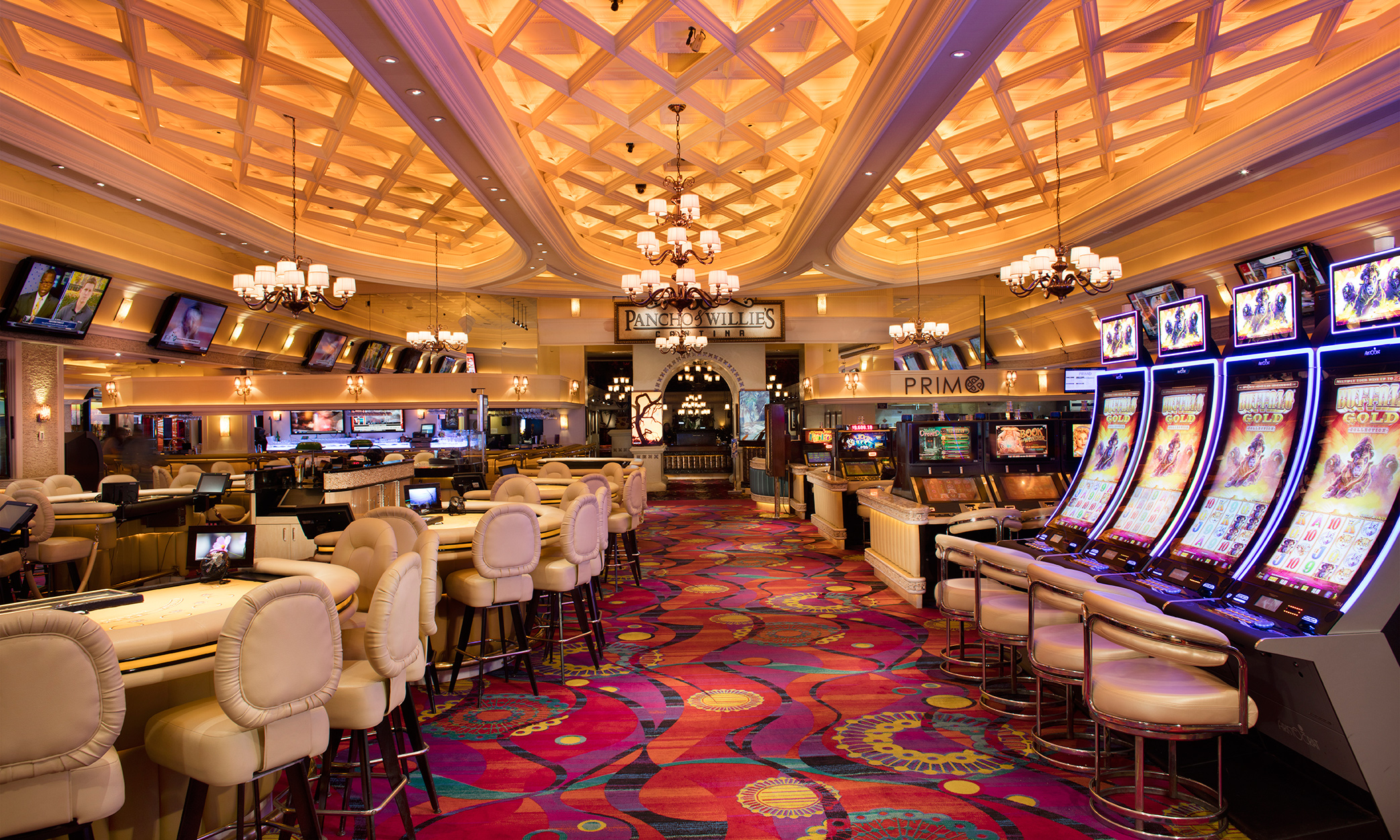
Gambling in casinos has long been a subject of fascination and controversy, drawing in millions of players around the world. With a mix of chance, strategy, and the excitement of uncertainty, casino games offer an exciting escape from everyday life. However, as entertainment becomes ever more available, it invites a more thorough examination of the morality surrounding these games.
At the heart of the discussion lies the question of whether casinos promote responsible gaming or take advantage of at-risk individuals. The appeal of potential winnings versus the reality of losses can create a challenging situation, and understanding this balance is crucial for both players and operators. As we delve into the morals of casino gaming, we will explore the responsibilities of casinos, the impact on society, and the steps that can be taken to foster a healthier gaming environment.
The Impact of Casino Gaming on Society
Casino gaming has a notable influence on the community, affecting not only the financial landscape but also interpersonal dynamics and local frameworks. The income generated from casinos can lead to job creation and boost regional economies, as they provide various employment opportunities in multiple fields including food and beverage, entertainment, and shopping. However, while the economic advantages can be substantial, communities often grapple with the possible negative impacts that arise from increased gambling activity.
Additionally, the presence of casinos can lead to an rise in gambling addiction, presenting significant challenges for players and families. The excitement of casino games can quickly evolve into a habitual habit, affecting connections with others and leading to financial instability. Many individuals may struggle with the loss of control over their gambling habits, resulting in a need for assistance programs and help to address this increasing issue. The social cost of addiction can ripple through families and neighborhoods, creating an urgent need for responsible gaming initiatives.
In addition to the economic and social consequences, casino gaming often showcases cultural attitudes towards uncertainty and entertainment. It can encourage a sense of excitement and leisure, attracting tourists and boosting tourism. However, this allure may also mask the broader implications of gambling as a form of entertainment, raising ethical questions about its advertisement and accessibility. As communities weigh the benefits and drawbacks of casino gaming, the need for sensible approaches and regulation becomes increasingly critical in ensuring that the beneficial elements are enhanced while minimizing the potential harms.
Moral Issues in Betting Activities
The morality of casino operations often revolve around the risk for dependency and its effects on people and households. non GamStop sites Betting can lead to significant financial distress, impacting not only the betters but also their families. As individuals become caught in the allure of winning, many lose track of their financial limits, which can result in catastrophic results such as bankruptcy. This poses moral questions about the duty of casinos in promoting safe gaming habits and offering support for those who may be struggling with gambling addiction.
Another critical issue is the advertising of gambling to at-risk populations. Casinos often target low-income individuals or neighborhoods with the promise of fast rewards, which can perpetuate cycles of poverty and despair. In this situation, the morality of marketing strategies used by gambling establishments come under examination, as they may take advantage of the desperation of individuals seeking an way out from economic troubles. This exploitation raises ethical questions about the integrity of the gambling industry and its obligation to safeguard its most at-risk customers.
Additionally, the effect of gambling gaming on society as a whole cannot be overlooked. While some argue that gambling establishments create jobs and boost local economies, others point to the social costs associated with dysfunctional gambling, increased crime rates, and a burden on public resources. Balancing financial advantages with the potential for social harm presents a challenging moral dilemma for policymakers and casino operators alike. The difficulty lies in discovering a responsible approach that prioritizes the well-being of individuals and communities while still allowing for the enjoyment of casino gaming.
Regulation System and Responsibilities
The regulatory framework pertaining to gambling games is created to ensure justice, integrity, and participant security. Different government agencies and gambling commissions establish and enforce regulations that dictate how gambling activities operate, the guidelines for product design, and the protocols for managing winnings. These regulations vary by jurisdiction but commonly involve licensing requirements for businesses and stringent measures to prevent fraud and scams.
In addition to governing bodies, casino establishments bear considerable duty in upholding moral standards within their facilities. They must enforce safe gaming practices that support player protection and consciousness, including presenting self-ban options and offering information about the hazards connected to gaming. Operators are also accountable for training workers to recognize signs of problem gaming and know the proper actions to support customers in distress.
Moreover, openness in casino operations is crucial for building and maintaining public confidence. Casinos should present clear details about the probabilities of games, promotional opportunities, and any related risks. By fostering an culture of integrity and accountability, gambling establishments can help mitigate the potential adverse impact of gaming while improving the overall gaming experience for all participants.